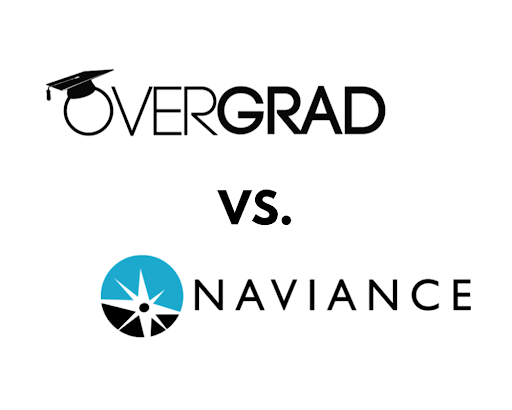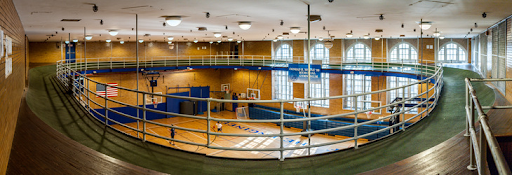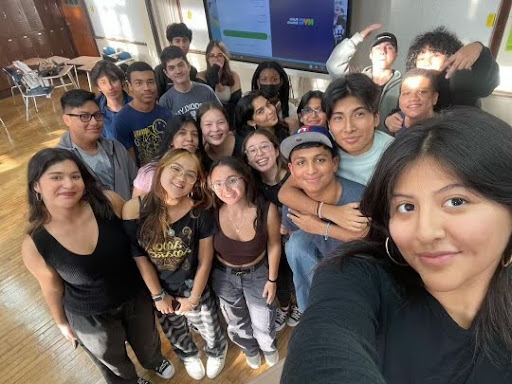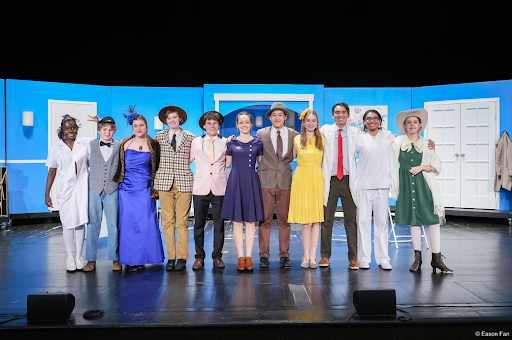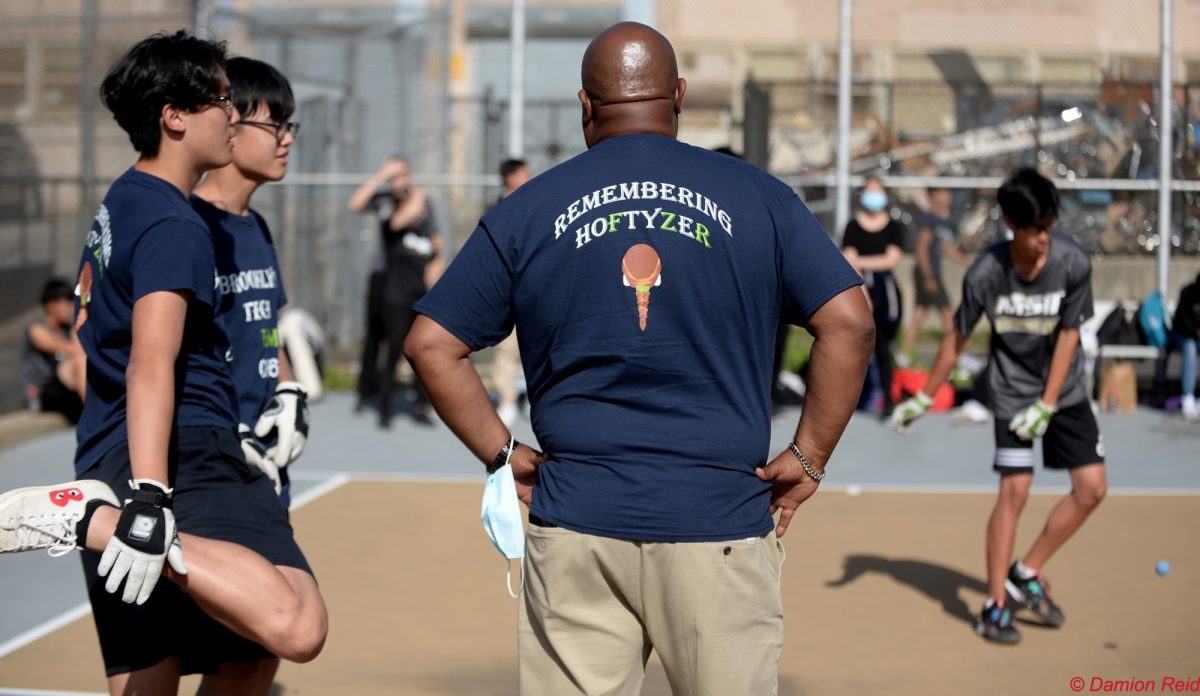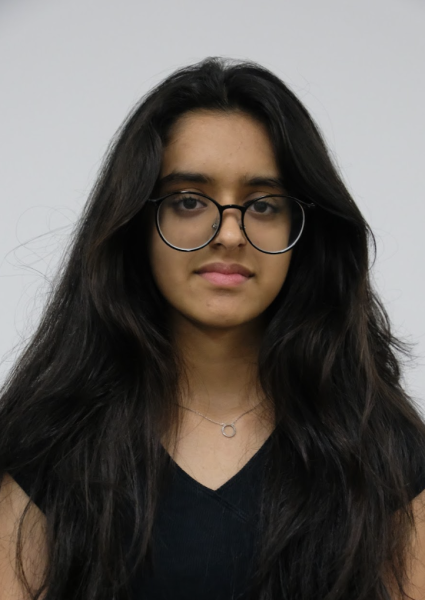As the Class of 2025 began to complete their college applications through Naviance, Brooklyn Tech’s administration announced that future classes would use a new platform: Overgrad. Both Naviance and Overgrad are college readiness platforms designed to help students explore careers, plan their academic paths, and manage their college applications.
Naviance, a long-standing tool at Tech, is familiar to the community. Overgrad, on the other hand, is a newer platform that aims to streamline and personalize the postsecondary planning process. According to government, economics, and advisory teacher Jacqueline Manduley, the main reason for the switch was financial. “Overgrad is free, while Naviance requires payment,” she explained.
Overgrad was officially introduced on January 30th, 2025, during a junior college information night, but so far it’s proven complicated to spread awareness about the switch. During the information night, “[the hosts] didn’t let [many juniors] in until about 30 minutes into the presentation,” recalled Biological Sciences major Syeda Subrin (‘26). She added, “They didn’t record anything.”
For those able to attend, the presentation itself was underwhelming. Law and Society major Angel Coy (‘26) remarked, “It was all pretty self-explanatory. They touched on certain features and moved on.”
An Instagram poll conducted by The Survey revealed that even after the information night, 44% of students were unaware of the transition from Naviance to Overgrad. 36% of students felt that the change would have a significant impact on them.
Administration has left faculty members similarly in the dark about what the transition would mean for the college application process. Manduley described the training session advisors received during Regents week in January as inadequate. Their information session lasted about an hour and only covered basic functions like account creation and an overview of features. “I’ve had to rely on other [advisory teachers] for support,” said Manduley.
Architecture major Aurora Zhang (‘26) noticed an immediate difference when logging into Overgrad. “It had my GPA without me entering any of my information,” she said. Overgrad’s match system, its key distinguishing factor from Naviance, seems to rely heavily on GPA and test scores. It compares students’ academic profiles to colleges’ historical admissions data to categorize schools as ‘reach,’ ‘match,’ or ‘safety,’ helping students assess their likelihood of admission. “It’s really generic,” Zhang continued. “Ivies are our [reach schools], and matches are schools with higher acceptances.”
Although Civil Engineering major Andy Chen (‘25) has never used Overgrad, he compared Naviance to be “really outdated.” He explained that “the interface isn’t user-friendly and it’s hard to navigate [with its multitude of tabs].” Manduley noted Overgrad’s interface to be more intuitive and student-friendly, “It feels less overwhelming, especially for students who are just starting their college research.”
Beyond its interface and match system, Overgrad offers additional tools to support students throughout high school, namely a four-year plan to help students stay on track with their high school milestones. Manduley recognizes the platform’s potential benefits, particularly for students uncertain about their futures. “It’s a great way for students to explore possibilities through career surveys and personality assessments,” she said.
However, Manduley cautioned that the platform’s structured approach could feel overwhelming for some students. With a checklist of tasks that may not align with every student’s goals, there remains a risk that students may complete unnecessary assignments just to meet perceived expectations, adding pressure rather than providing clarity.
As Overgrad is fully integrated into Tech’s college application process for the class of 2026 and beyond, its effectiveness will become clear. For now, both students and faculty are navigating the learning curve, hopeful that the platform will provide meaningful support in the years to come.

